Malta Digital Nomad Visa: How to Apply [3 Steps]
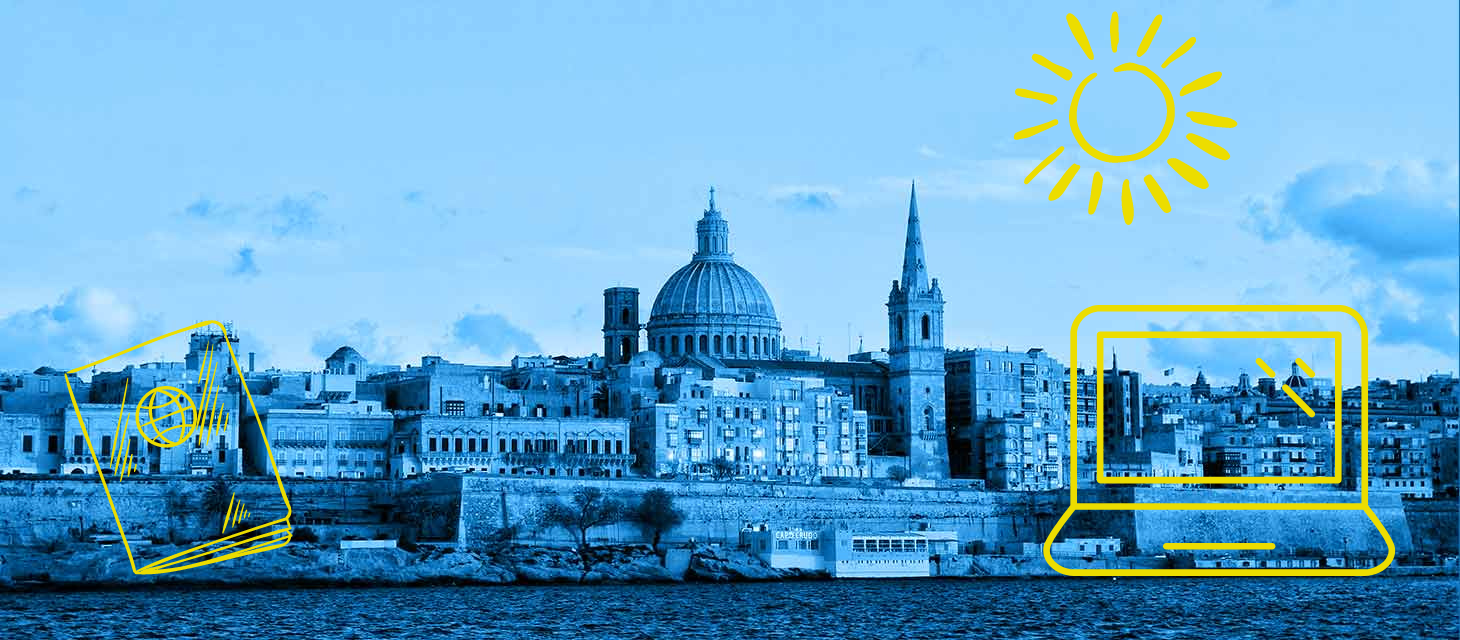
The small, yet impactful, island in the Mediterranean is welcoming remote workers to come and live for up to three years with the Malta digital nomad visa.
Officially referred to as the Nomad Residence Permit, remote workers of all types can come and enjoy the beauties this up-and-coming European digital nomad hotspot has to offer.
With an online application and a minimal application fee of just 300€, the Malta digital nomad visa has one of the simplest application processes of all digital nomad visas in Europe.
Remote workers can also bring their family members, at no increased minimum income requirement, to live in Malta for six months to one year, with the option to renew for up to four years.
Enjoy 300 days of sunshine throughout the year on this gorgeous and historic island while taking advantage of the 5G network, optimal wifi speeds, and the most comfortable coworking spaces and cafes in Malta for digital nomads.
Additionally, Malta digital nomad visa holders are granted great tax benefits, including a flat tax rate of just 10% on income earned outside of Malta.
Malta is one of the many European nations offering a digital nomad visa, joining countries such as Greece, Croatia, Portugal, Hungary, and Spain.
While the application process may seem fairly simple for the Malta digital nomad visa, it doesn’t mean relocating to a new country is necessarily easy. With Nomads Embassy’s hand-selected immigration lawyers, you’ll experience a smooth and quick move to Malta.
In this article, you’ll find everything you need to know about the eligibility requirements and how to apply for the Malta digital nomad visa.
What is a Digital Nomad Visa?
A digital nomad visa is for remote workers, business owners, and freelancers who wish to live in a foreign country for longer than a tourist visa allows.
Technically, these visas are more resident permits, allowing digital nomads to live in the country.
To be eligible for a digital nomad visa, you must work for a foreign company (not one in the country where you’re living), own a business, or work as a freelancer with foreign clients.
This is perfect for digital nomads who want to settle down somewhere without worrying about border-hopping or overstaying their tourist visas.

Malta Digital Nomad Visa Requirements
As with any type of visa, there are certain requirements you must meet to be eligible to apply for it. Below, you’ll find all of the necessary conditions for the visa.
- Valid Passport – Your passport must be valid
- Remote Income – You must work as an employee or freelancer or own a business outside of Malta
- 3,500€ per Month – You must make at least 42,000€ per year (gross tax) and have proof of income and bank statements from the last three months
- Completed Application – Fill out the application, sign it, and email it to the Residency Malta Agency
- Visa Fee – The fee to apply for Malta’s digital nomad visa is 300€
How to Apply for the Malta Digital Nomad Visa
Now that you know the requirements to be eligible for the visa, we’re going to tell you the steps for how to apply. Fortunately, it’s much easier than other digital nomad visas as it takes place right online. However, some people prefer to work with a lawyer who specializes in Malta’s digital nomad visa for an even easier experience.
Step 1: Gather Documents
Collect all of your necessary documents and complete the application.
These include:
- Copy of your Passport (including blank pages)
- Completed Application
- Letter of Intent stating your reasons for applying
- Bank information and statements from the last three months
- Employment/Freelance contracts or proof of business ownership
- EuroPass CV – resume with your education and work experience, signed by you
- GDPR Declaration Form
Step 2: Submit Application Online
Upload all of these documents digitally and email them to the Residency Malta Agency.
Keep in mind all applications and documents must be typed. They will not accept handwritten documents.
Step 3: Wait for Approval
Wait to receive an answer. On average, it will take about 60 days to process applications and to be notified of a decision.
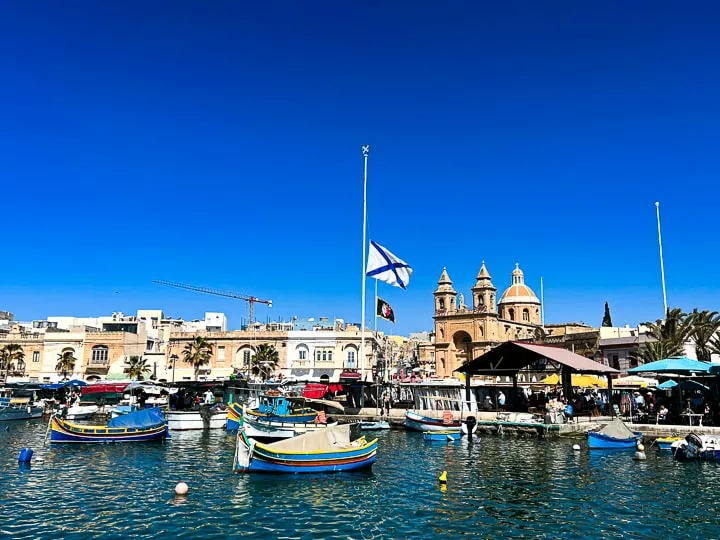
Why Malta?
Malta may not be one of the top digital nomad destinations, but it has plenty to offer.
First of all, it’s absolutely gorgeous! Imagine an old European town settled right on an island in the middle of the Mediterranean? Calm, laidback vibes, stone streets, stunning beaches, and incredible cuisines are exactly what you can find in Malta.
It’s also very affordable to live in Malta. Everyday purchases such as groceries and eating out at restaurants are definitely less expensive than the rest of Western Europe. Plus, you can find great accommodations that are comfortable and well within budget in some of the best digital nomad cities in Malta.
The weather also deserves a notable mention as it’s often warm and mild, perfect for exploring the city or relaxing on the beach watching the calm crystal water wash up.
Malta’s WiFi connection is another awesome benefit for digital nomads. While it’s an island, it’s connected to the rest of the world fairly well in technology and travel accessibility. In the last couple of years, coworking spaces have started popping up around the country as well.
Want to learn more about life in Malta as a digital nomad?
Download a free copy of our ebook, The Digital Nomads Complete Guide to Malta today!
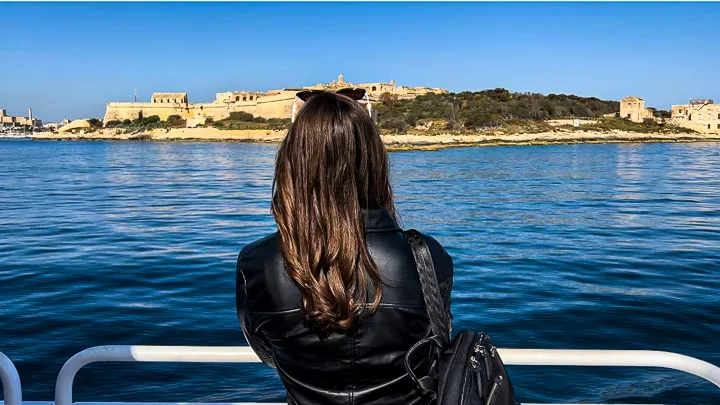
Let Us Help You Apply for the Malta Digital Nomad Visa
Applying for a digital nomad visa doesn’t have to be difficult, especially when you work with Nomads Embassy: The World’s First Embassy for Digital Nomads!
With our hand-selected immigration lawyers in Malta, our readers can experience an easy and stress-free digital nomad visa application and relocation with our Malta Done-for-You Digital Nomad Visa service.
With our innovative platform, you can securely upload your sensitive documents and application for your lawyer to review.
Are you ready to connect with an immigration lawyer and discuss applying for the Malta digital nomad visa?
Simply complete the contact form in this article to request a consultation today!
Frequently Asked Questions
Will I Owe Taxes in Malta with the Nomad Residence Permit?
In December 2023, Malta finalized its tax regime for digital nomads. The first 12 months of living in Malta with the Nomad Residence Permit, visa holders will not owe local income tax. After the first year, there is a flat tax rate of 10% for remote workers earning their income from a company or clients located outside of Malta.
Can an applicant bring dependents/spouses? If so, do they need their own applications? Does the application fee change? Does the income requirement increase?
Yes, an applicant can bring their spouse and dependents. The spouse and/or dependents of an applicant or of an already approved applicant would need to submit Form N2 – Nomad Family Member Residence Permit together with an application fee of €300 per applicant. Form N4 – GDPR Declaration Form also needs to be filled in. These need to include International passports and health declarations. The spouse would need to submit a marriage certificate, whilst a birth certificate would need to be submitted for the child.
De facto partners would need to submit a Declaration of Timeline by the main applicant and proof of relationship (such as lease agreements or purchase agreements, flight tickets, bills, letters from family, and photos), which date back up to 2 years or more.
Can applicants bring their pets?
As long as your pet meets the requirements for entry, then your pet can join you in Malta.
Are there nationality restrictions for the Malta digital nomad visa?
Yes. To be eligible for a Nomad Residence Permit, one must be a non-EU non-EEA, and non-Swiss national. The Residency Malta Agency also issues a list of ineligible countries. The list may be revised from time to time by the Agency at its discretion.
If you are from one of the following countries, you are not eligible to apply for the Malta digital nomad visa.
- Afghanistan 🇦🇫
- North Korea 🇰🇵
- Iran 🇮🇷
- Democratic Republic of Congo
- Somalia 🇸🇴
- South Sudan 🇸🇸
- Sudan 🇸🇩
- Syria 🇸🇾
- Yemen 🇾🇪
- Venezuela 🇻🇪
- Russia 🇷🇺
- Belarus 🇧🇾
For the most up-to-date list, check the FAQ document on the official website.
Are there a certain number of Malta digital nomad visas granted per year?
No, there is not quota as to how many Malta digital nomad visa applications are approved each year.
Can the applicant’s income be passive, or it must be earned through an employer/business?
No, income cannot be passive; it must be earned through employment, self-employment, or freelancing.
How many days must an applicant stay in Malta in one year if they choose to travel to different countries?
In order to renew the Nomad Residence Permit for another year, the applicant must spend at least five consecutive months in Malta in one year. If holding a six-month visa, the applicant must spend at least three cumulative months in Malta during this period to renew it.
Visa holders may travel in the Schengen Area for 90 out of 180 days.
What is the best way to obtain an address in Malta if an applicant has not visited the country yet?
It is not mandatory to submit proof of accommodation upon submission of the application. Should the application be approved and a Letter of Approval in Principle is issued, the applicant has the option to submit proof of temporary accommodation for a minimum of 1 month (a card is not issued based on this). Upon arrival to Malta, before booking a biometrics appointment, the applicant must submit a lease covering the full duration of the permit. If the chosen accommodation is deemed to satisfy the program requirements, a Letter of Final Approval is issued.
Temporary accommodation is a 1-month maximum accommodation submitted upon Letter of Approval in Principle. Note, however, that the Residence Card cannot be issued to a temporary address.
Purchased Property – If you have purchased a property in Malta and wish to stay in it, you would need to submit a purchase agreement of the property.
Co-living – If you wish to co-live with someone, you need to provide a contract showing your name.
Renting a place – If you wish to rent a place, you would need to provide us with a signed copy of the lease agreement between yourself and the lessor.
Staying with someone in a purchased property – If you wish to stay with someone that owns a purchased property, you would need to provide us with a copy of the purchase agreement and a declaration by the person whom you are staying with, stating your name and duration of stay.
Does the Malta Digital Nomad Visa Lead to Permanent Residency?
No, the Malta digital nomad visa does not lead to permanent residency. However, there is a separate program, the Malta Permanent Residency Programme, that grants permanent residency.
You may also enjoy
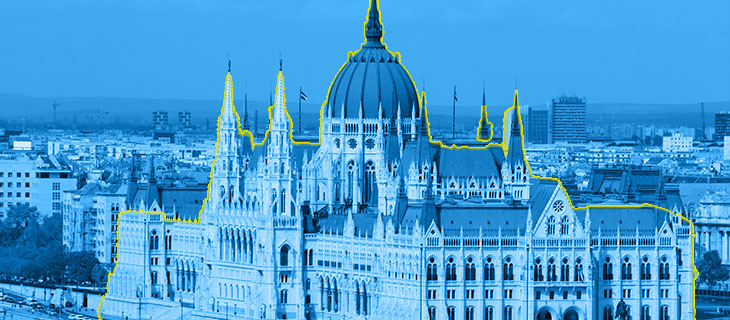
Before applying for a digital nomad visa, it is super important to understand everything about it—from the eligibility requirements to the application process to the implications of getting approval. We’ve…
by Brittany
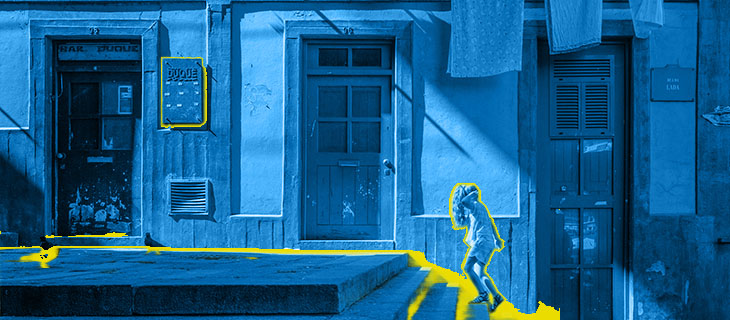
It’s no secret that Porto is the second most popular city in Portugal for digital nomads. With a lively international community, beautiful city, and digital nomad-friendly cafes, remote workers are…
by Brittany
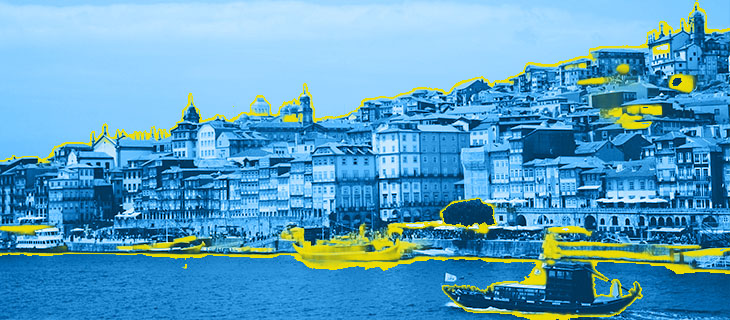
The Portugal digital nomad visa is one of the most popular and beneficial digital nomad visas for remote workers who wish to relocate to Europe. One of these attractive benefits…
by Brittany
